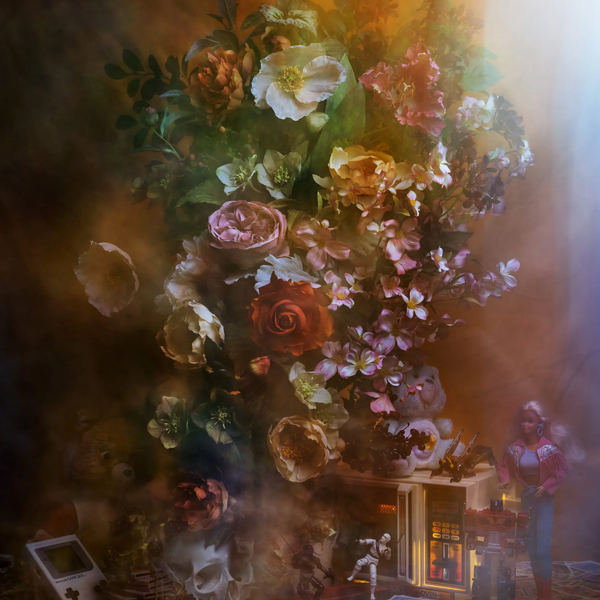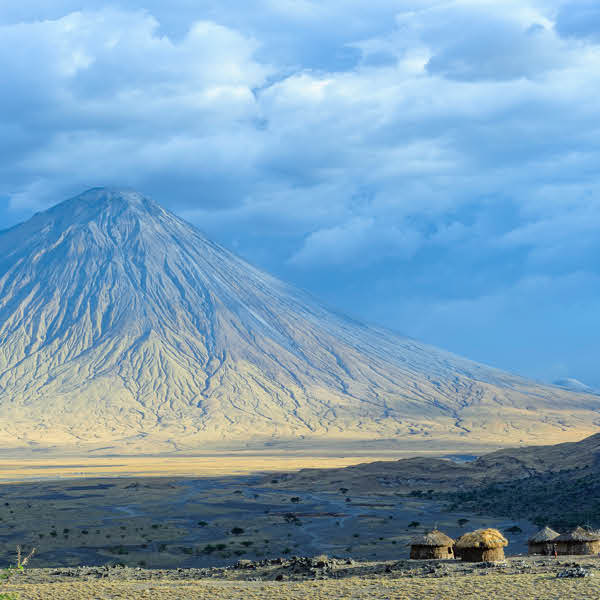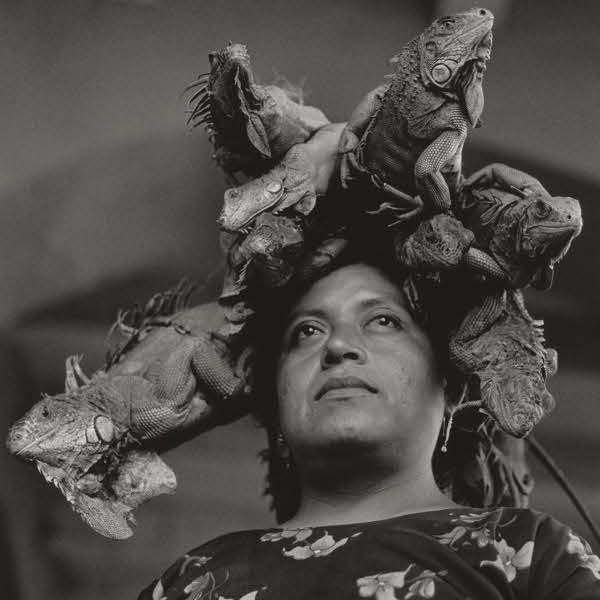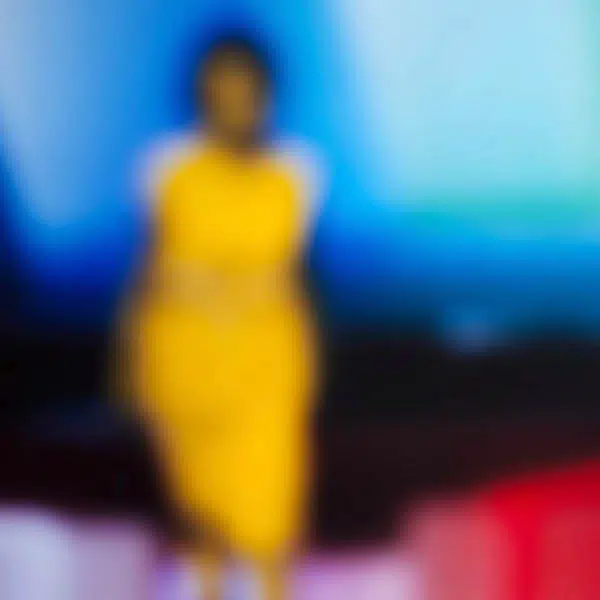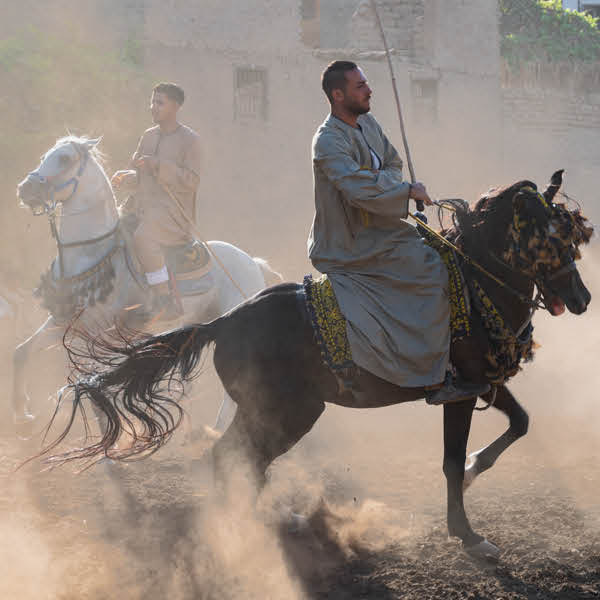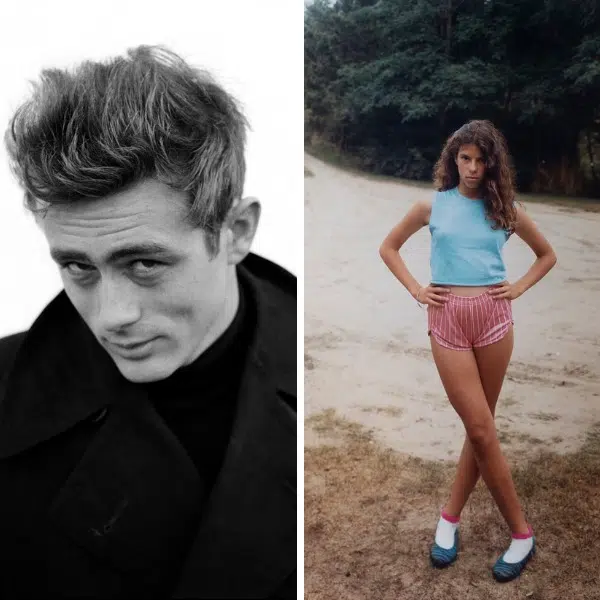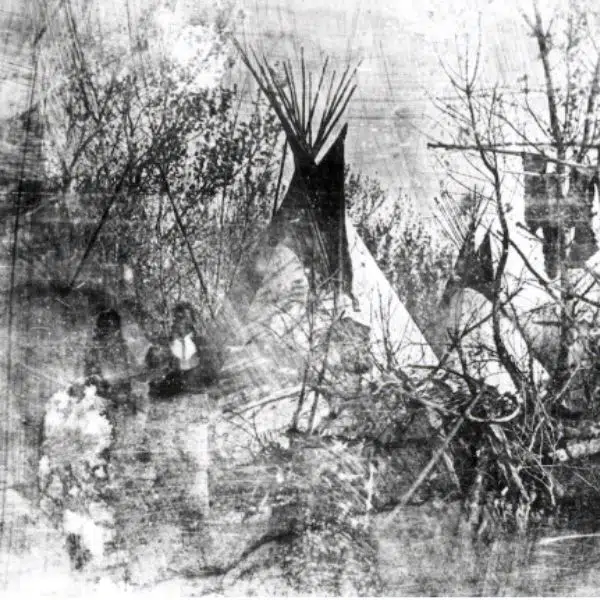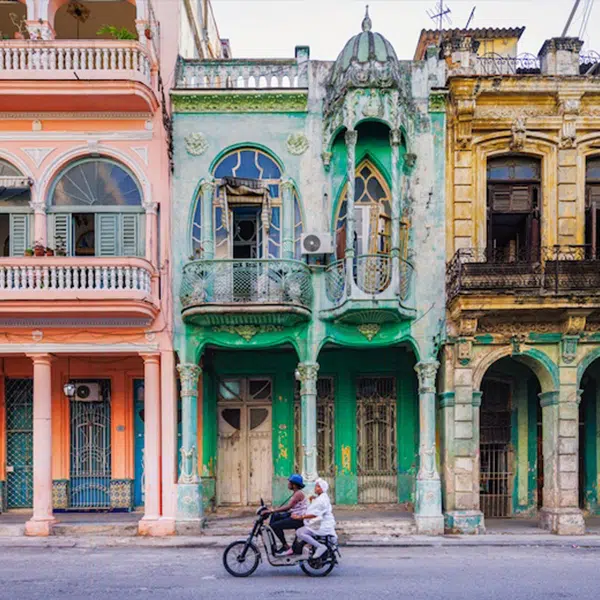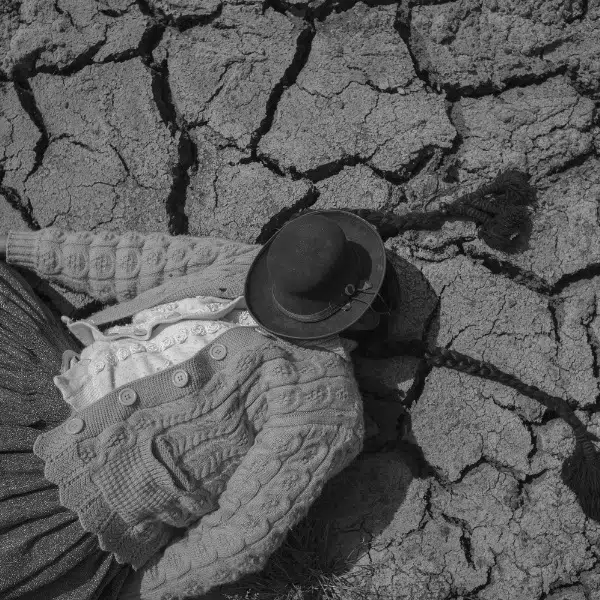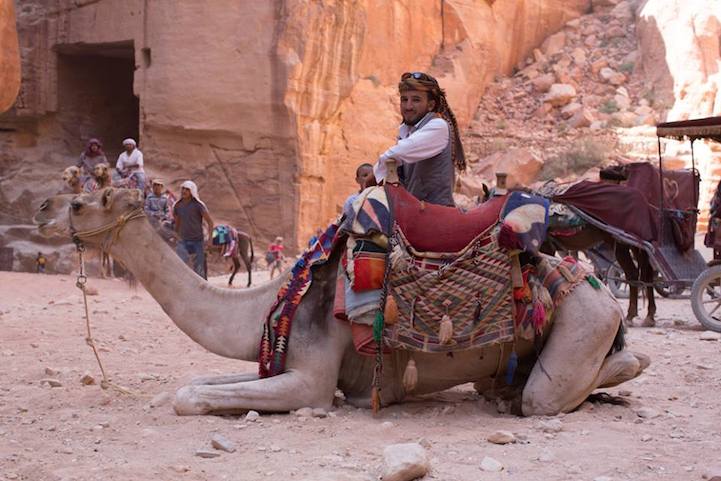
Since 2010, Humans of New York (HONY) photographer Brandon Stanton has been faithfully documenting the people he meets in the Big Apple, one poignant portrait and story at a time. While this project has mostly taken him around the streets of New York or even among celebrities at the Met Gala, HONY's newest endeavor has resulted in some of his most revealing portraits yet. In partnership with the United Nations and supported by the Secretary General's MDG Advocacy Group, HONY has embarked on a 50-day trip to 10 different countries. In addition to gathering portraits and stories from individuals around the world, the purpose of the trip is to raise awareness for the Millennium Development Goals and to inspire a global perspective.
So far, HONY's trip has taken him to Iraq and Jordan–right in the midst of the ongoing Middle East crisis. With his signature combination of intimate portrait and a revealing quote or observation, HONY captures the joys, sorrows, revelations, and struggles of people from all walks of life. His snapshots of humanity are extraordinarily powerful in this context, providing an eye-opening look at the personal lives of individuals whose stories have often been neglected by the media.
“The point of the trip is not to ‘say' anything about the world,” says Stanton. “But rather to visit some faraway places, and listen to as many people as possible.” He told ABC News, “What's struck me the most is how much a humanitarian tragedy is magnified when you break it into individual stories. Everyone who is suffering from the turmoil in Iraq, or from war in general, has been deeply hurt in a very individual way. Hearing these stories, one at a time, in unforgiving detail, has been quite sobering.”
To follow HONY's world tour, be sure to join his 9 million other fans on Facebook or Tumblr.
Above: “If you speak gently, you'll find good people wherever you go. If you find a bad person, just move on to the next person.” (Petra, Jordan)
 “I want to be a pilot so I can fly everywhere.” (Dhana, Jordan)
“I want to be a pilot so I can fly everywhere.” (Dhana, Jordan)
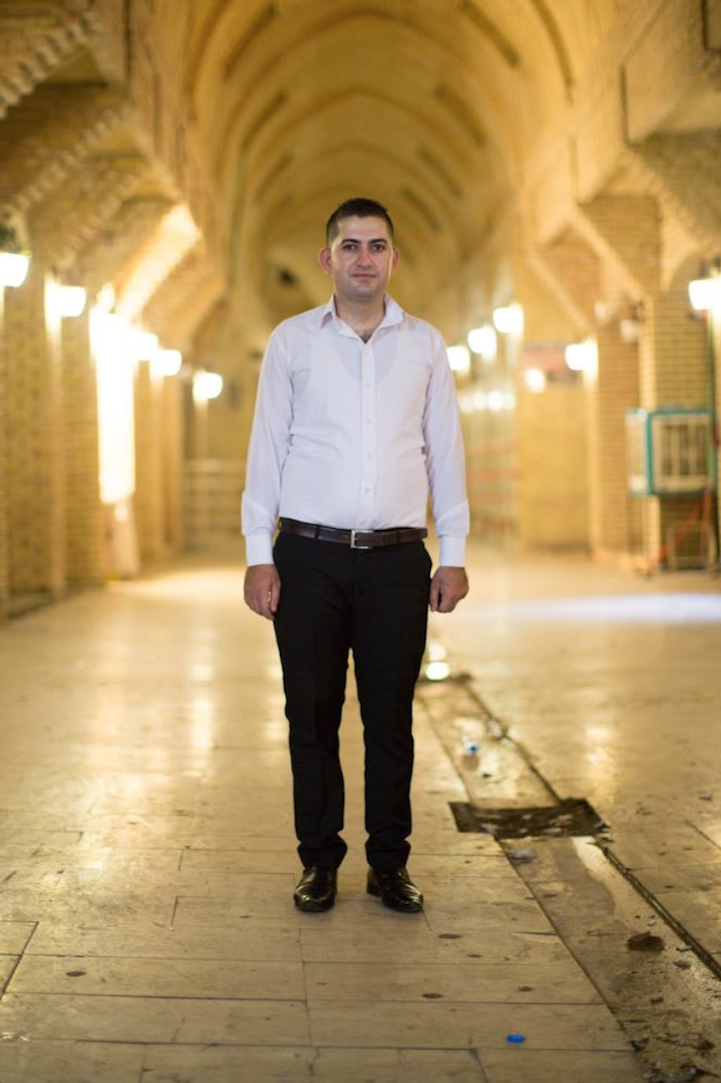 “When I got accepted into the Master's program at the University of Damascus, it felt like the whole world was in my hands. For the last three weeks before the exam, I studied for 20 hours every day. My eyes got so tired and swollen that I could not see the letters anymore. So when I heard that I passed, I felt that nothing was impossible. All my friends and family were surrounding me and kissing me.”
“When I got accepted into the Master's program at the University of Damascus, it felt like the whole world was in my hands. For the last three weeks before the exam, I studied for 20 hours every day. My eyes got so tired and swollen that I could not see the letters anymore. So when I heard that I passed, I felt that nothing was impossible. All my friends and family were surrounding me and kissing me.”
“How did you celebrate?”
“Well, we were poor. So I bought a Pepsi to share with my friends.”
(Erbil, Iraq)
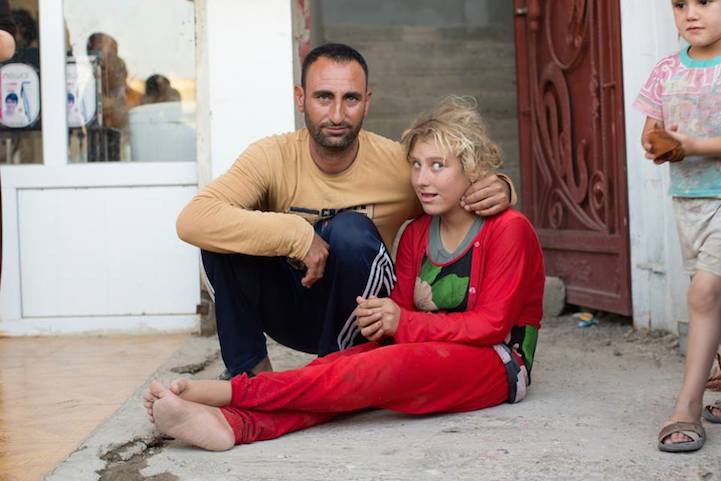 “I would give my soul if I could fix her brain.” (Dohuk, Iraq)
“I would give my soul if I could fix her brain.” (Dohuk, Iraq)
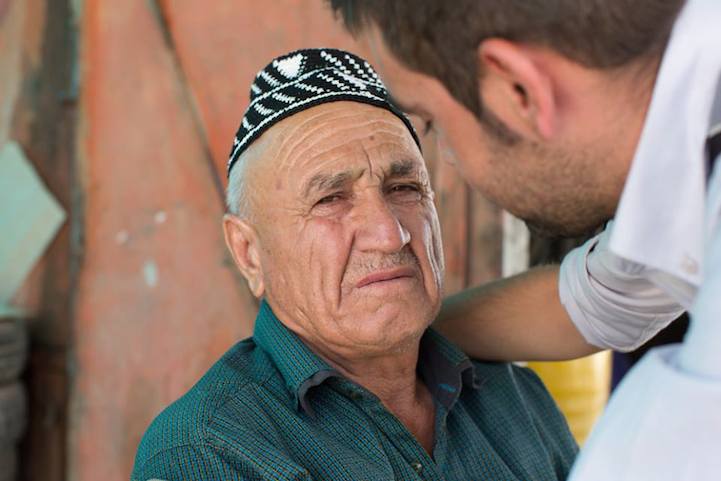 “My parents were captured when I was sixteen. They both died in prison.”
“My parents were captured when I was sixteen. They both died in prison.”
“What do you remember about the day they were taken?”
“I'm sorry. I don't think I can do this. Can we stop?”
(Shaqlawa, Iraq)
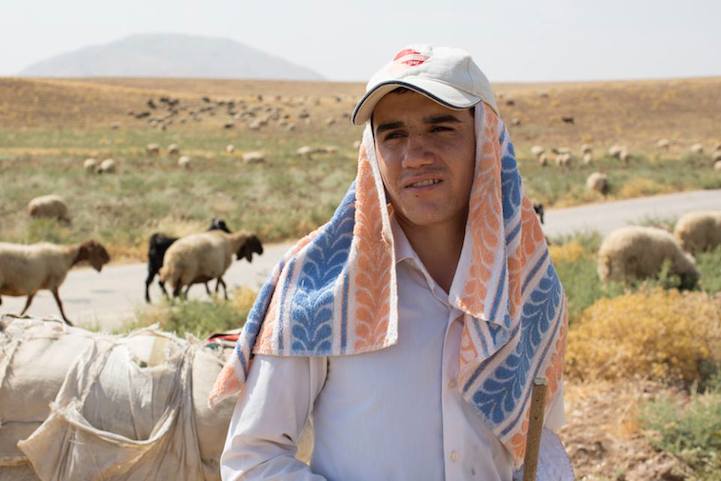 “I'm a student. My parents didn't want me sitting around the house all summer, so they made me be a shepherd.” (Kalak, Iraq)
“I'm a student. My parents didn't want me sitting around the house all summer, so they made me be a shepherd.” (Kalak, Iraq)
 “She raised us on her own. So when I graduated, I viewed it more as her accomplishment than mine.” (Amman, Jordan)
“She raised us on her own. So when I graduated, I viewed it more as her accomplishment than mine.” (Amman, Jordan)
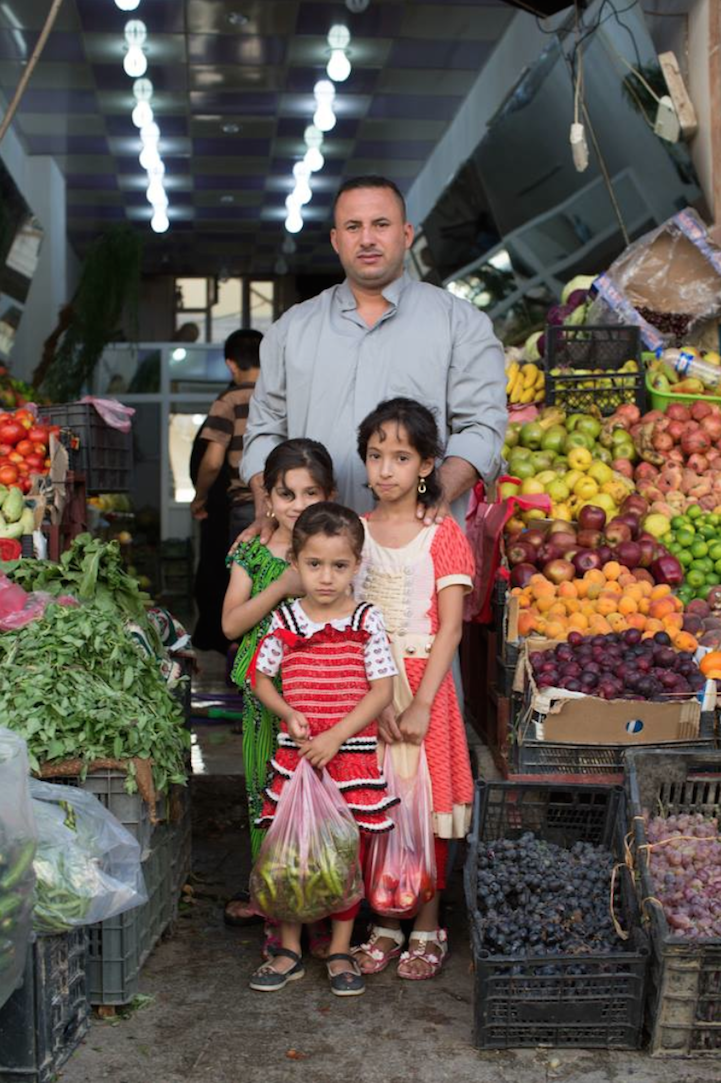 “I worry about the day they start to want things that I can't afford.” (Shaqlawa, Iraq)
“I worry about the day they start to want things that I can't afford.” (Shaqlawa, Iraq)
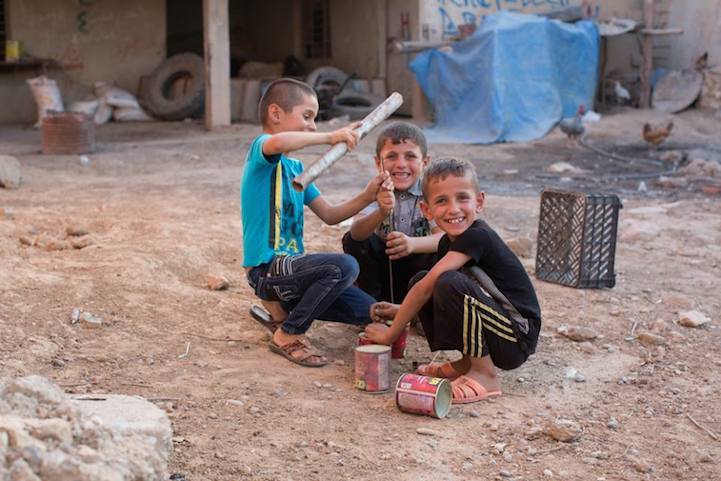 While their parents were panicking about their relatives trapped in the mountains, these kids found a quiet place to play. I found them banging on some cans. I asked them what they were doing. “We're building a car,” they said.
While their parents were panicking about their relatives trapped in the mountains, these kids found a quiet place to play. I found them banging on some cans. I asked them what they were doing. “We're building a car,” they said.
“Isn't that cute,” I thought. “They're imagining the cans are cars.”
When I came back 5 minutes later, they had punctured holes in all four cans. Using two metal wires as axles, they turned the cans into wheels, and attached them to the plastic crate lying nearby. They'd built a car.
(Dohuk, Iraq)
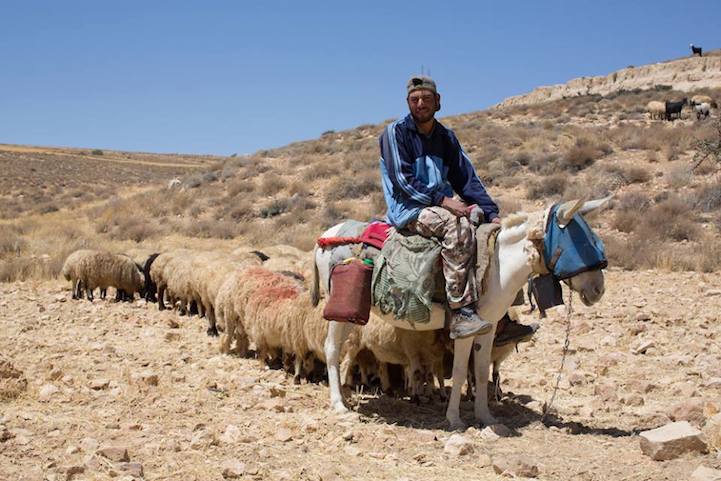 “We were engaged for six months, but her parents made her marry a richer man.”
“We were engaged for six months, but her parents made her marry a richer man.”
“What's the last thing you said to her?”
“I told her: ‘I've done all that I can do. I wish you happiness in your life.'”
(Petra, Jordan)
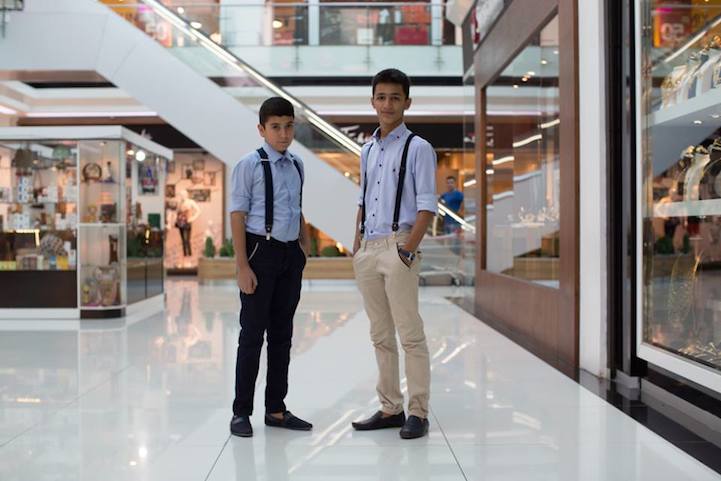 “What do you guys want to do when you grow up?”
“What do you guys want to do when you grow up?”
“Doctor.”
“Doctor.”
“What's your greatest struggle right now?”
“Math.”
“Math.”
(Erbil, Iraq)
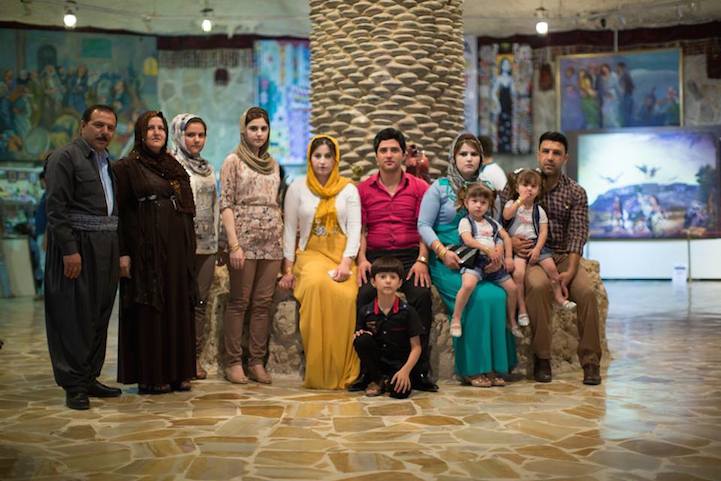 “We live in a very conservative culture, but I want my children to be open minded. I try to bring them to as many places as possible: big malls, art galleries, concerts. We want them to see as many types of people as possible, and as many types of ideas as possible.” (Erbil, Iraq)
“We live in a very conservative culture, but I want my children to be open minded. I try to bring them to as many places as possible: big malls, art galleries, concerts. We want them to see as many types of people as possible, and as many types of ideas as possible.” (Erbil, Iraq)
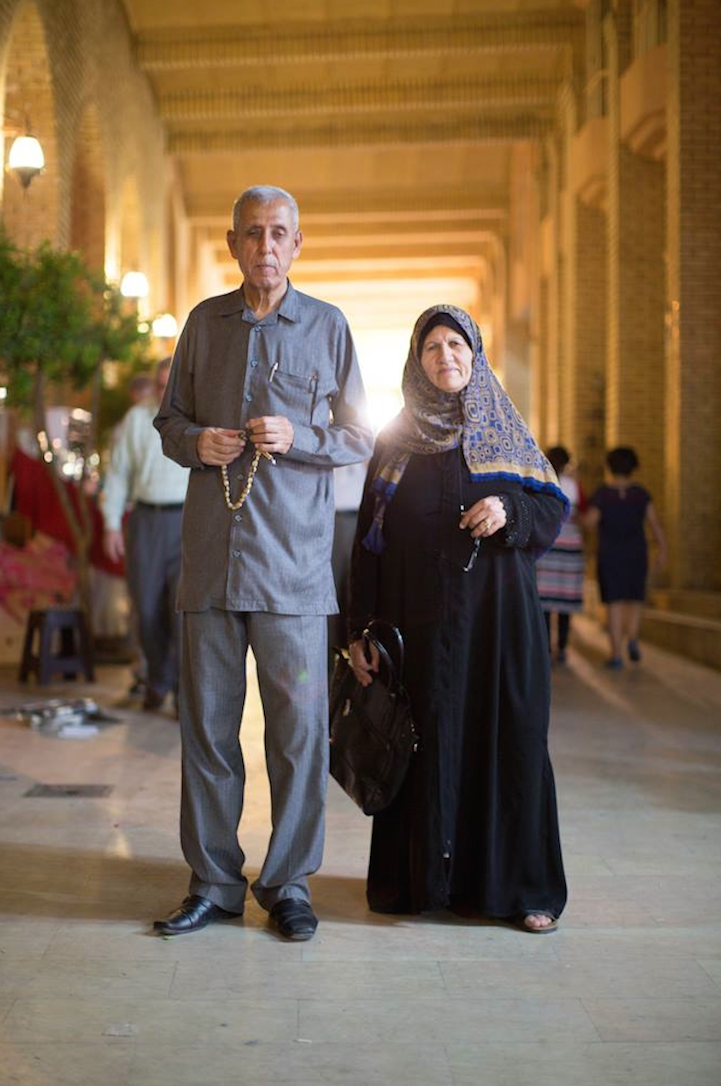 “We just want to be together and not be afraid.” (Erbil, Iraq)
“We just want to be together and not be afraid.” (Erbil, Iraq)
 “What happened to your arm?”
“What happened to your arm?”
“I was walking down the stairs and looking at the stars.”
(Amman, Jordan)
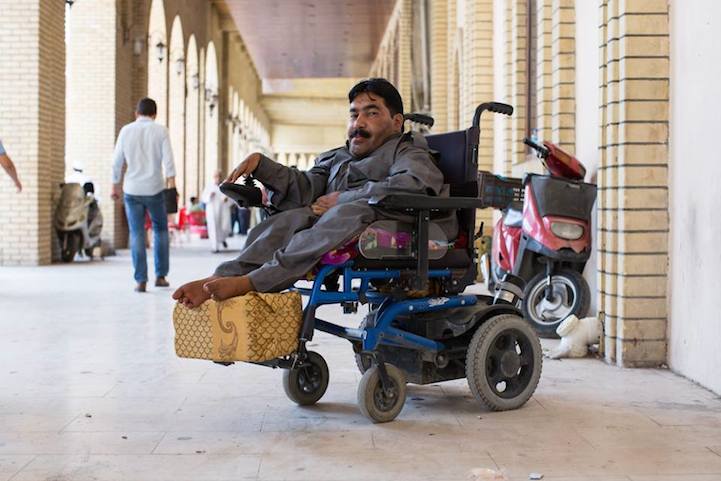 “My happiest moments are whenever I see my mother happy.”
“My happiest moments are whenever I see my mother happy.”
“What's the happiest you've ever seen her?”
“When I was a child, some German doctors told us that I could have a surgery in Italy, and my legs would work again. She was so happy she started crying. But I never had the money to go.”
(Erbil, Iraq)
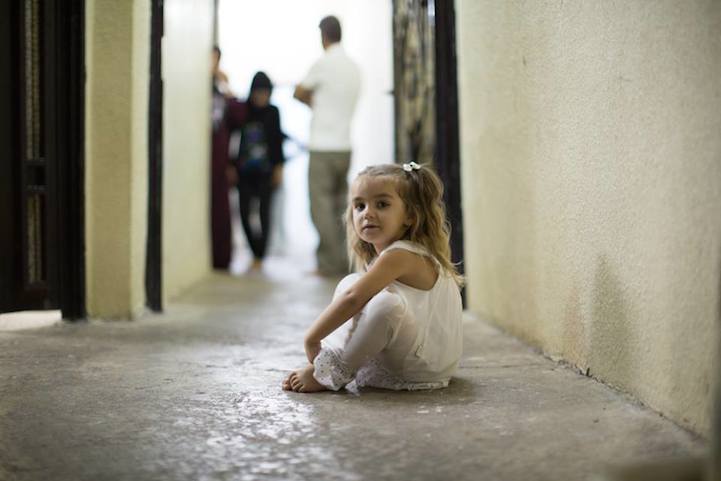 “She speaks more languages than anyone in the family. Because she plays with all the children in the street.” (Erbil, Iraq)
“She speaks more languages than anyone in the family. Because she plays with all the children in the street.” (Erbil, Iraq)
Humans of New York website
Humans of New York on Facebook
via [Distractify]











































































